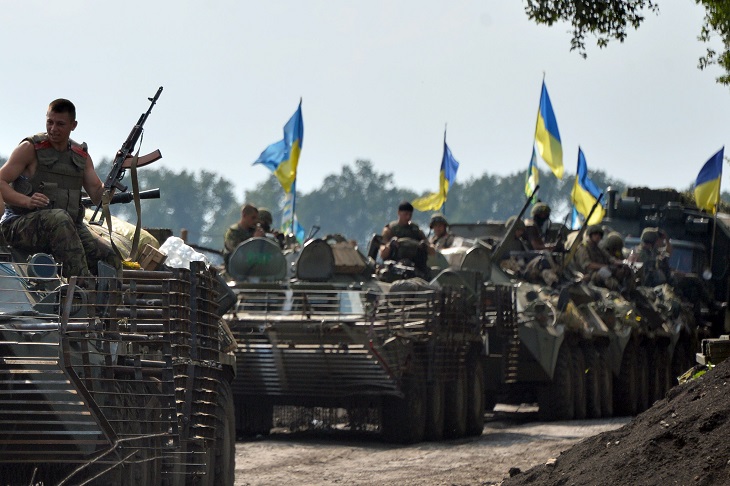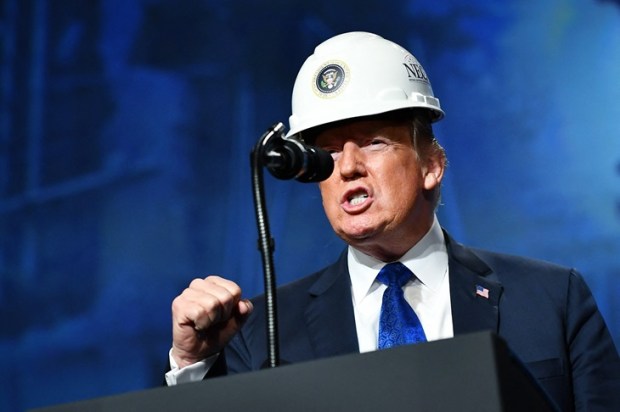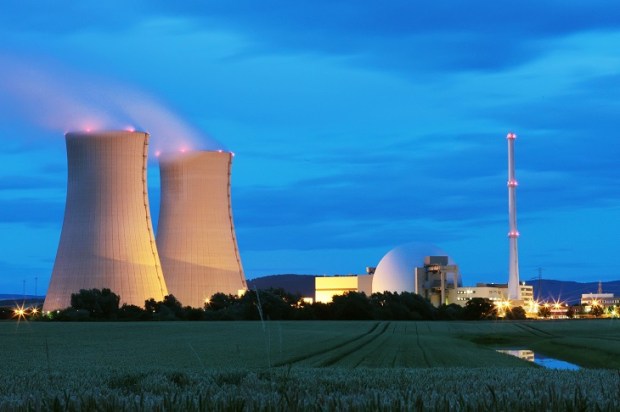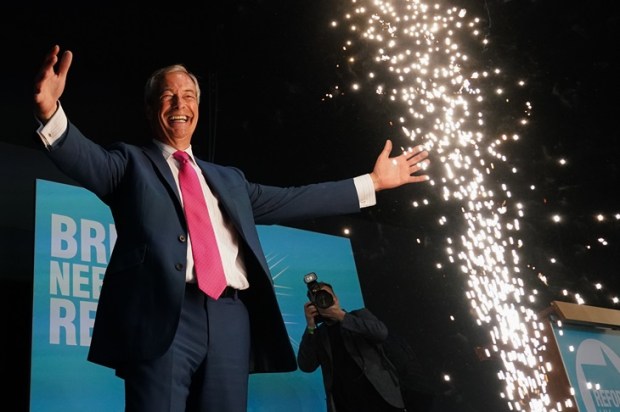The shock of the Russian invasion of Ukraine is that it demonstrated a form of aggression most people thought belonged to an earlier time.
Following the Napoleonic era, a war of conquest against a recognised sovereign state was considered legitimate only if fought in the name of national self-determination.
National self-determination remained a worthy goal in the Wilsonian world of 1918, but its practicalities were always uncertain in the mix of languages and what were deemed to be ‘races’ that still characterised Europe.
Already a subscriber? Log in
Subscribe for just $2 a week
Try a month of The Spectator Australia absolutely free and without commitment. Not only that but – if you choose to continue – you’ll pay just $2 a week for your first year.
- Unlimited access to spectator.com.au and app
- The weekly edition on the Spectator Australia app
- Spectator podcasts and newsletters
- Full access to spectator.co.uk


























Comments
Don't miss out
Join the conversation with other Spectator Australia readers. Subscribe to leave a comment.
SUBSCRIBEAlready a subscriber? Log in